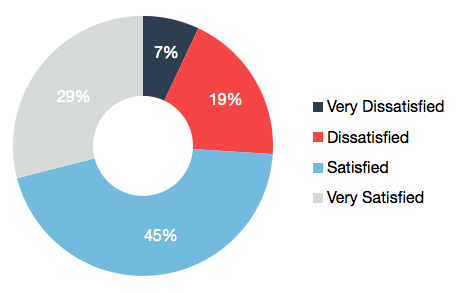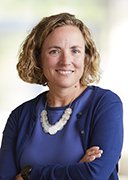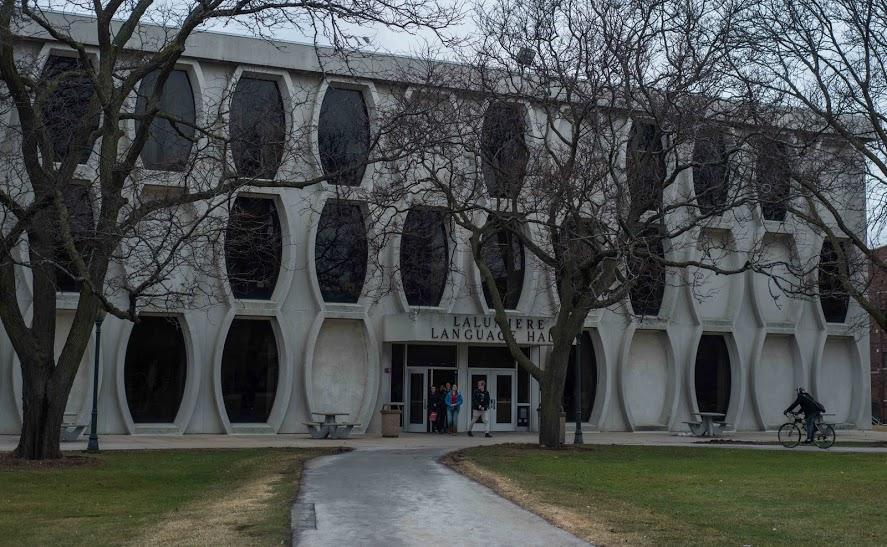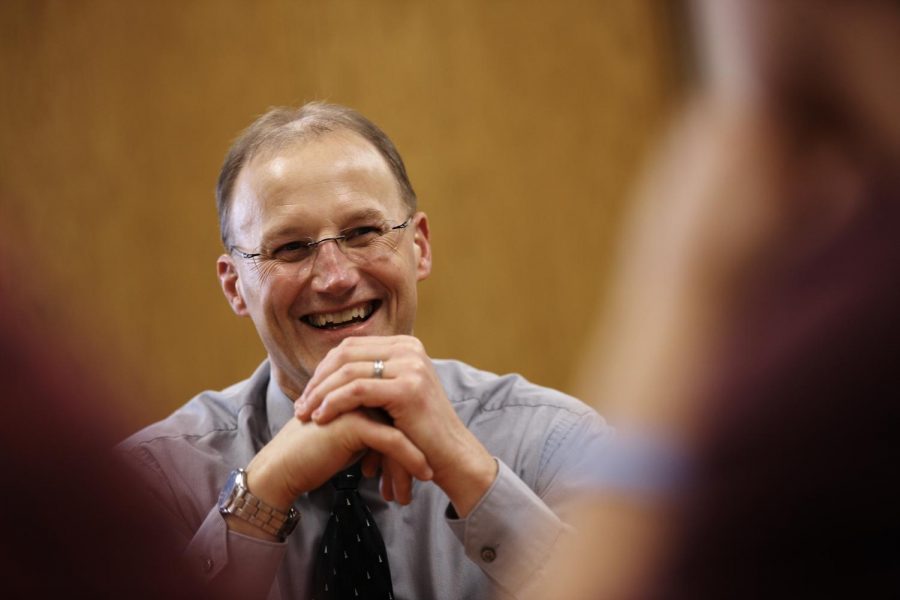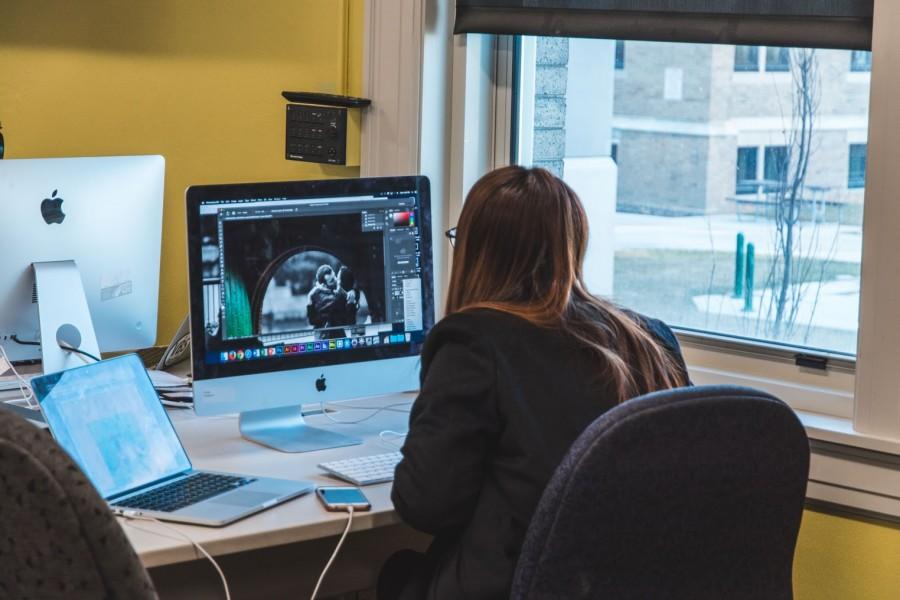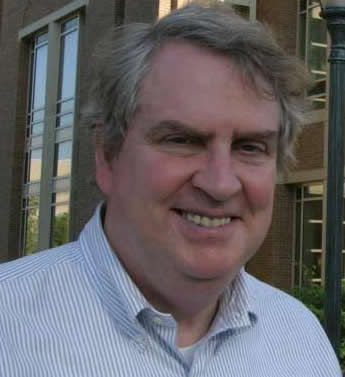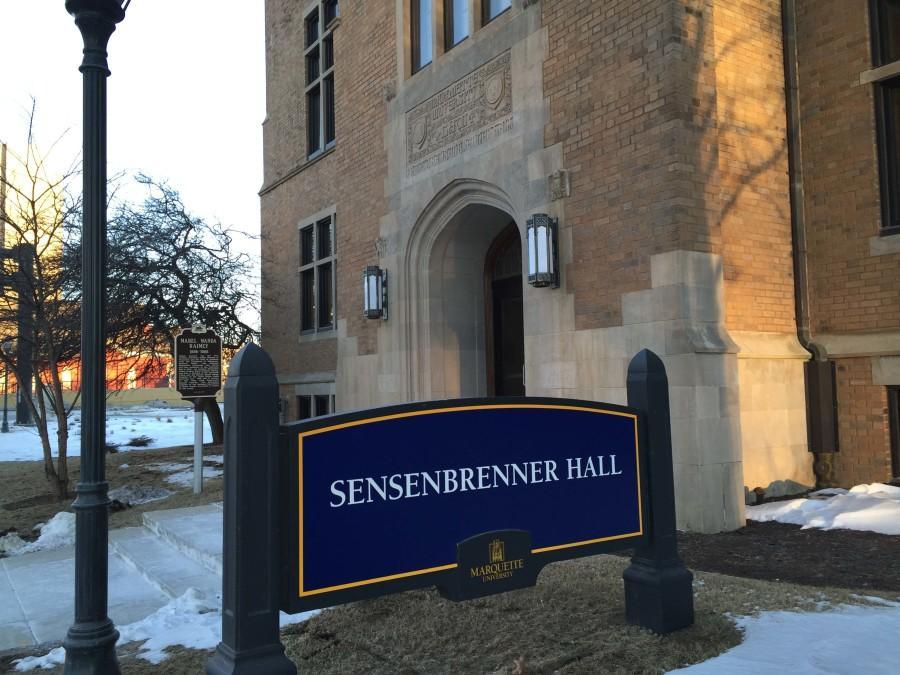
After visits by all four finalists, the search for a new College of Arts & Sciences dean has entered its final stage.
Richard Holz, the last of the four dean candidates, held a question-and-answer session with the campus community Jan. 31, discussing his vision for the future of the college in the 21st century. Holz is the associate dean for resources and planning and a professor of chemistry at Loyola University Chicago.
Holz presented five themes he said were necessary for the College of Arts & Sciences’ success: Ignatian pedagogy, scholarly activity, globalization of the curriculum, environmental sustainability and diversity. Throughout the presentation, Holz emphasized the place of the college in a Jesuit university.
“Education in the College of Arts & Sciences in a Jesuit university is aimed at developing a student’s intellect in the full measure of their talents,” Holz said.
Among the concerns presented by students and faculty were fundraising educational programs, building a new life sciences building, the importance of having a language requirement in the core curriculum and providing more focus within departmental research and online education.
Holz said maintaining a strong core curriculum along with providing “high-impact practices” is instrumental in educating students. Such high-impact practices, he said, include capstones, internships, field experiences, service learning, public performances, directed research, learning communities and study abroad opportunities.
“When I’ve asked students and alumni to describe their most memorable learning experiences, invariably they described an experiential learning activity such as a directed research project,” Holz said.
Holz said he would strive to integrate undergraduate involvement into scholarship and research by working with the graduate school and advocating for resources such as additional funding for professional development and fundraising for upgrading academic space.
To remedy the perceived lack of focus within the college, Holz said he talked to Provost John Pauly about implementing “cluster hires,” or hiring several new faculty members with similar interests across departments to significantly strengthen interdisciplinary academic programs.
On replacing the Wehr Life Sciences building, which has been experiencing infrastructural problems, Holz said the biggest obstacle would be generating the funds needed to begin construction.
In regard to “globalizing the curriculum,” Holz stressed the need to “internationalize” the college’s students and faculty, as well as the college’s curricula.
“We should explore new opportunities that connect faculty scholarship and departmental curricula to significant national and international topics,” Holz said. “Intertwining these areas of student interest into the curricula will highlight global inequities and bring issues related to social justice into focus for our students and provide new avenues for hands-on learning experiences.”
Holz, acknowledging environmental initiatives the university has implemented, said he was impressed by the College of Arts & Sciences’ provision of a minor in environmental ethics. He said he hoped to expand such innovative disciplines related to environmental sustainability.
“We can expand this initiative by weaving issues related to sustainability into our curricula in order to better serve our students and meet their social and moral obligations to create a global community that is both peaceful and just,” Holz said, emphasizing the need to work across disciplines and colleges, such as the business school.
Holz said he believes online courses have “a place in our system” – especially for students trying to complete their credit hours. He also said he would like to initiate a conversation about creating a January term at Marquette, which allows students to take a course or two during winter break.
Holz, a first-generation college student, emphasized the importance of creating access for all qualified candidates to increase diversity on campus. Improving diversity on campus, he said, would only better prepare students to interact successfully in a workplace that is becoming more ethnically and culturally versatile.
Naylor said Holz’s prior administrative experience and scholarship were particularly attractive attributes to the search committee.
“Dr. Holz’s associate deanship, his chairmanship and his ace-fellowship, as well as his impressive scholarship dealing in part with enzymes and nano-technology, appealed to the search committee leading to his candidacy as finalist,” Naylor said.
Naylor also said he was particularly struck when he heard Holz describing his administrative and facilitating experiences as “fun.”
“I can’t recall hearing an administrator using the word ‘fun,’” Naylor said.


